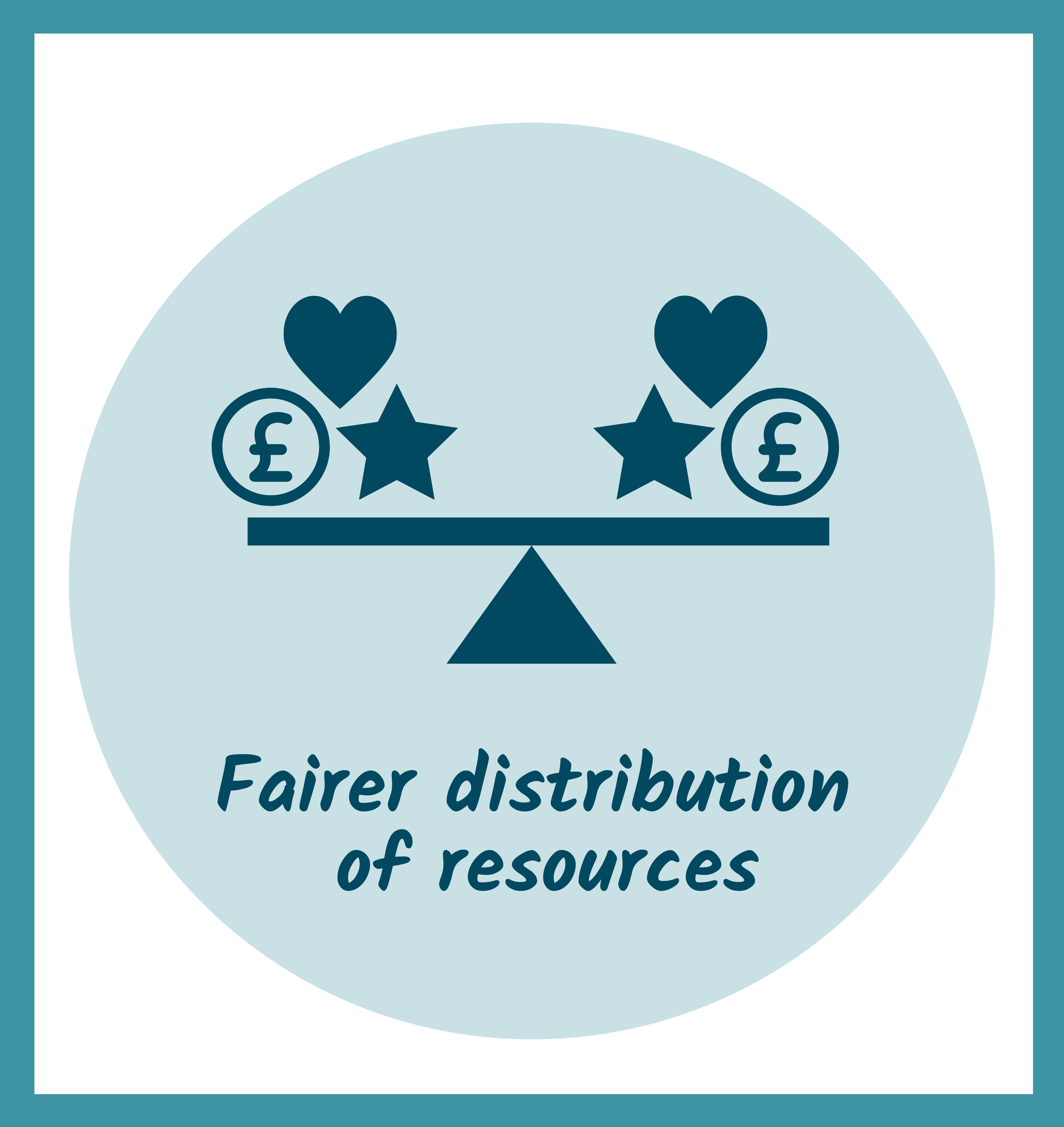CHEX Briefing - February 2024
Key action one - Fairer distribution of resources
We need to restructure our society and economy so that resources are distributed more fairly and sustainably.
The reality is that health inequalities can only be addressed properly by making significant policy changes. People with more wealth should have to pay more tax so that resources can be invested towards addressing the factors that cause health inequalities, from housing and services to employment and social security.
In response to the view that these significant changes seem insurmountable, it is worth making the following three points:
The response to Covid-19 shows that governments can make unprecendented interventions to protect lives which are supported by the majority of people, even where this is hugely disruptive to the economy and people’s daily lives.
Although addressing inequality is reason enough, climate change is an equally, if not more, pressing reason for making brave political decisions, since it is increasingly impacting negatively on us all, and particularly on communities already facing disadvantaged.
The seemingly overwhelming task of creating a just and sustainable society can be achieved through individual steps and actions.
As the third of these points suggests, there are many individual policy actions that can help to turn the tide on health inequalities. Actions around community development and support for community-led approaches are addressed separately, although these are also part of creating a just and sustainable society as well.
Actions directly relating to the distribution of resources are:
Progressive individual and corporate taxation* at a local and national level. For instance, the Scottish Government should go much further than proposed in the recent Consultation on a Fairer Council Tax and introduce a proportional tax on the value of a property accompanied by a revaluation of all property bands. Other actions include updating data of land and property ownership in Scotland, working to devolve more powers to set taxes, improving understanding and compliance of devolved taxation and widening the tax base in Scotland by focusing on wealth in addition to income.
The introduction of a national living wage.* Other related policies which would also be worth exploring include minimum income guarantees, universal basic income and living wage policies.
Increased revenue from more progressive national and local tax should be used to proactively invest in preventative public services (as well as the community and voluntary sector which we cover below), including education, training, sustainable transport and health and social care), with a prime focus on disadvantaged communities.
Stronger legislation, or enforcement of existing legislation (such as the Fairer Scotland Duty) to make strategic planning focus on eradicating inequality.
*As recommended by the Citizen’s Assembly of Scotland

